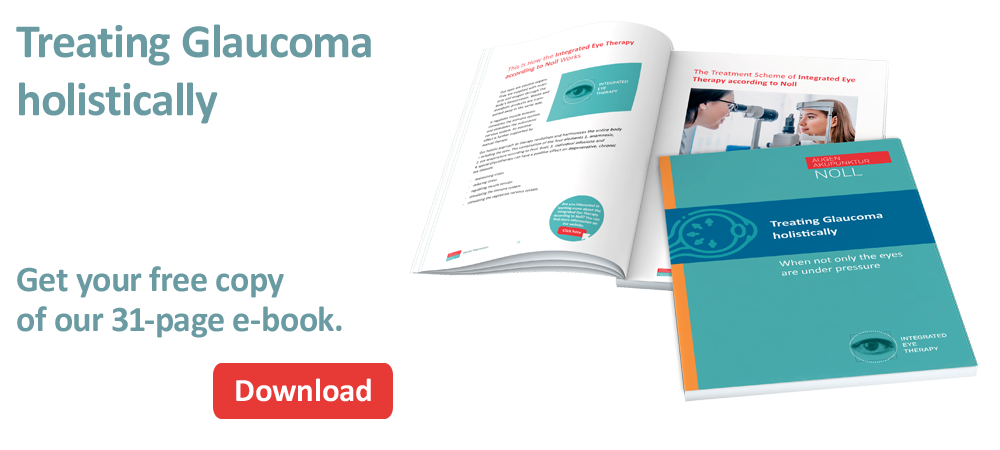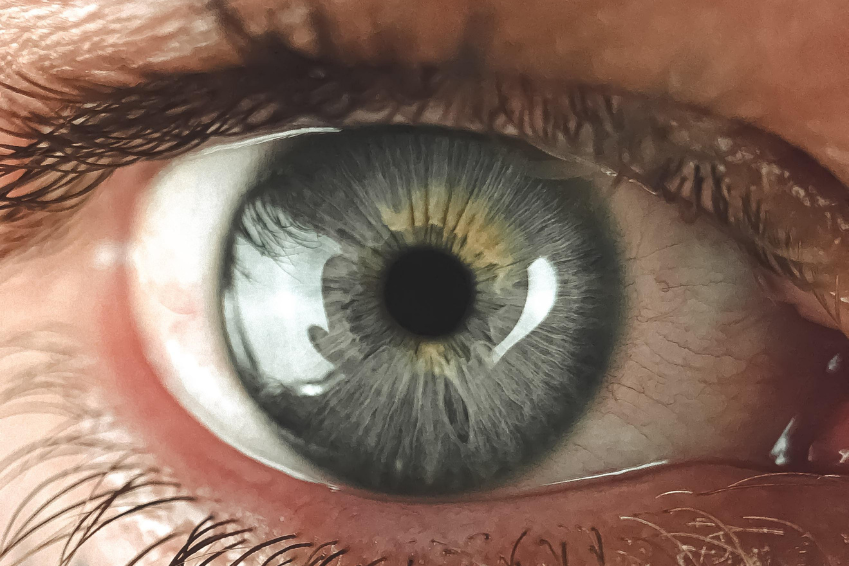Increasing age is a potential cause of Glaucoma

The risk of developing glaucoma increases with age.
Glaucoma is an eye disease often associated with advancing age. The main cause of glaucoma associated with age is the gradual increase in intraocular pressure.
The eye is a complex organ that is surrounded by a clear fluid called aqueous humour. This aqueous fluid is produced by special cells in the anterior chamber of the eye and then flows through the pupil into the posterior chamber.
There it is drained by Schlemm’s canal and eventually enters the bloodstream. The constant flow and production of aqueous humour is important to keep the intraocular pressure within a normal range, which is crucial for the health of the eye.
With increasing age, the structures in the eye change and the risk of Glaucoma increases
Over time, however, this natural drainage pathway for the aqueous humour may become impaired, resulting in increased intraocular pressure.
This impairment can be caused by a narrowing of Schlemm’s canal, changes in the tissue structure in the chamber angle or other factors related to age.
With increasing age, the risk of developing glaucoma also increases, as the tissues and structures of the eye become more susceptible to change over time. People over the age of 60 therefore have a higher risk of developing glaucoma than younger people.
In advanced age, early diagnosis of possible Glaucoma is all the more important
Early diagnosis allows for appropriate treatment that can slow or even stop the progression of the disease to preserve vision for as long as possible.
Therefore, everyone, especially at an advanced age, should pay attention to their eye health and consult an ophthalmologist if they have any concerns or risk factors.

